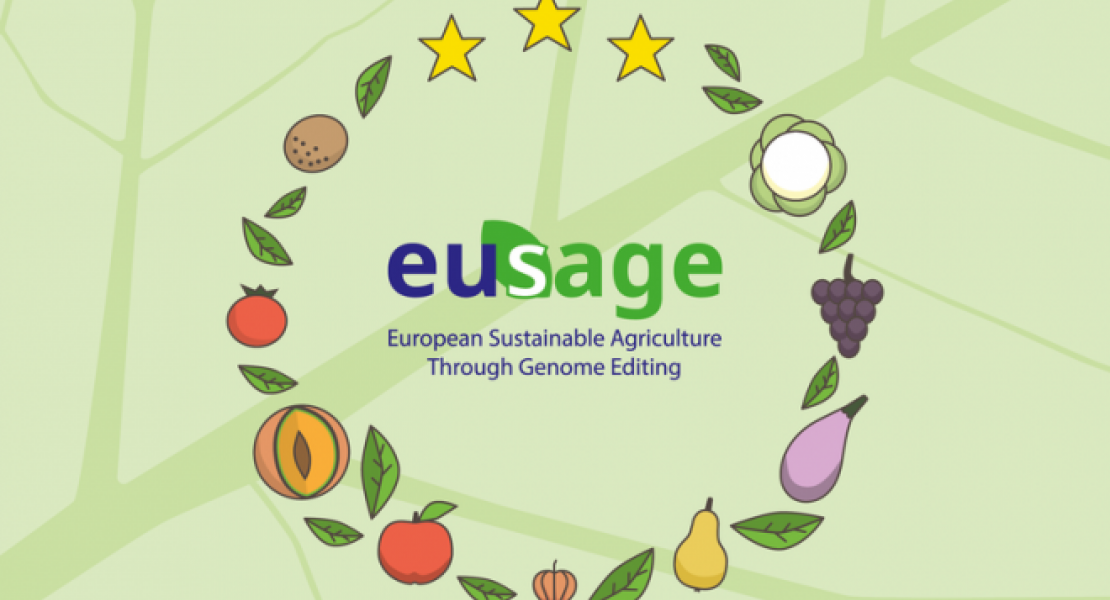The European Sustainable Agriculture through Genome Editing (EU-SAGE) network, with members from 132 European research institutes and associations, urges the European Council, European Parliament and the European Commission to reconsider their stance on genome editing, which is one of the tools needed to achieve the Sustainable Development Goals.
Crops for the future
Our world is changing quickly. An increasing population, a changing climate, environmental damage… All these challenges strongly affect food production.
New crop varieties, better suited to deal with an altered environment, are essential to face these challenges while ensuring adequate and nutritious food production.
To develop such crop varieties, we need tools. Tools that are safe, easy, and fast. The most recent addition to this toolbox is precision breeding. This technology, also known as genome editing, allows scientists and breeders to develop desired crop varieties in a faster, relatively simple and much more directed way compared to previous breeding techniques. It has already been implemented to give important crops such as rice and wheat resistance to bacteria and fungi.
Stilted by legislation
The use of precision breeding techniques, however, has been halted in Europe due to the ruling of the European Court of Justice of July 25th, 2018 which placed all crops developed through this technique under prohibitively strict GMO regulations, even if no foreign DNA was introduced in the crops. This is in stark contrast to other legislative frameworks across the globe which adopted more ‘fit for purpose’ regulations.
Consequently, the expertise of European scientist in genome editing for crop improvement has been left untapped, affecting the resilience of its agricultural systems, the health of its citizens, and its position in global trade networks. Therefore, EU-SAGE asks various policy organs within the EU to reconsider their stance on precision breeding through genome editing.
A legislative and regulatory framework that reflects current scientific knowledge and evidence will ensure safe development and implementation of genome editing techniques. It will allow Europe to reassert its leadership role in the global arena by guiding the development of tools that are essential to address coming challenges to our environment, our agriculture, and our lives.
- Log in to post comments
